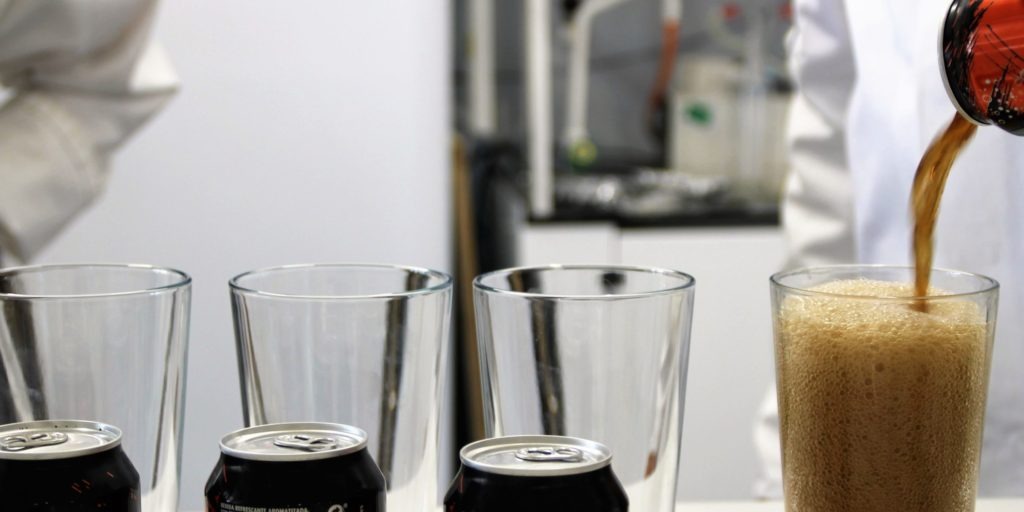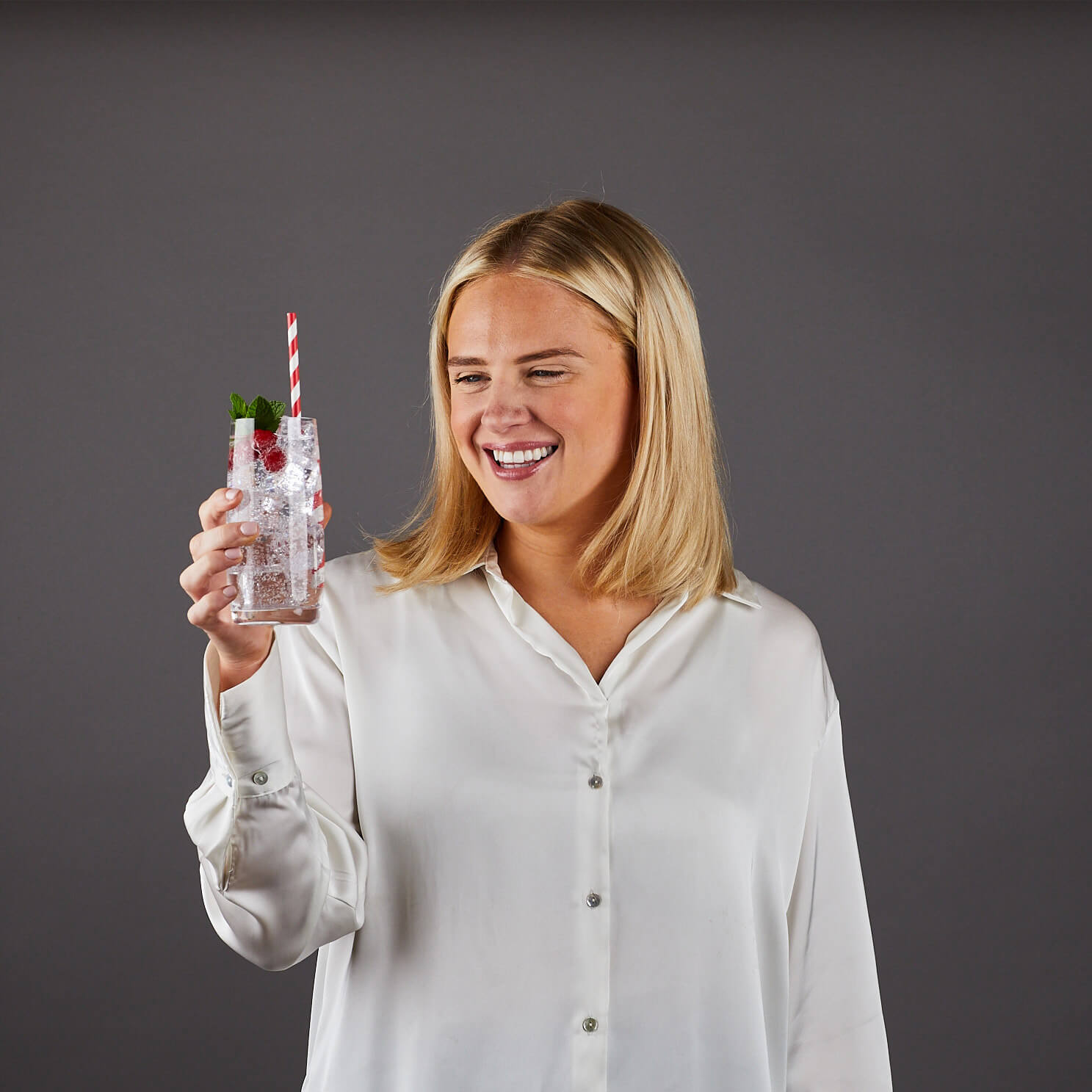Innovative bubble technology prolongs fizz
Posted in Press Mentions
Carbonated soft drinks brands are to benefit from new bubble technology to keep fizz in their beverages for longer.
A Yorkshire-based business is helping makers of carbonated drinks around the world to keep the fizz in their products for longer thanks to innovative bubble technology.
The solution, named CO2Sustain, was developed by Sustain CO2 Ltd and it offers manufacturers and brands the ability to retain carbonation and extend their product shelf life, giving consumers longer-lasting fizzy drinks.
CO2Sustain’s team of technical innovations chemists pioneered the preservative-free, liquid processing aid to make drinks fizzier for longer, retain the CO2 content and extend carbonation shelf life of drinks in PET plastic, using an exclusive patented formulation.
The new technology works by effectively wrapping itself around CO2 bubbles contained within carbonated soft drinks before they have the chance to merge, forming larger bubbles and accelerating the rate at which gas escapes.
CO2Sustain creates microbubbles when added to the drink during the filling process which retain their size meaning that gas release is more controlled and less wasteful when the drink is opened and poured.
“CO2 loss in PET bottles begins during filling, and by the time a drink reaches a consumer it can lose up to 40 percent of its carbonation,” said Jonathan Stott, general manager for CO2Sustain. “The majority of the loss occurs where carbon dioxide exits the liquid via the headspace. More CO2 is lost when the bottle is opened and poured. This often leads to consumer dissatisfaction with the product perceived as having gone ‘flat’ within a short space of time.
“As a result of using CO2Sustain, less carbonated drinks reach consumers with short, waste-creating lifespans. This is great news for manufacturers and retailers who can hold more stock for longer – meaning less waste, increased product lifespan and improved profitability.”
Now the revolutionary technology is helping drinks brands and manufacturers in the UK, throughout Europe and Africa to benefit from enhanced carbonation.
The solution is also attracting attention from drinks brands in warmer countries. This problem of reduced carbonation shelf life is made worse when producing and distributing in hot climates, where refreshing drinks are in highest demand, as increased temperatures exacerbate carbon dioxide loss.




